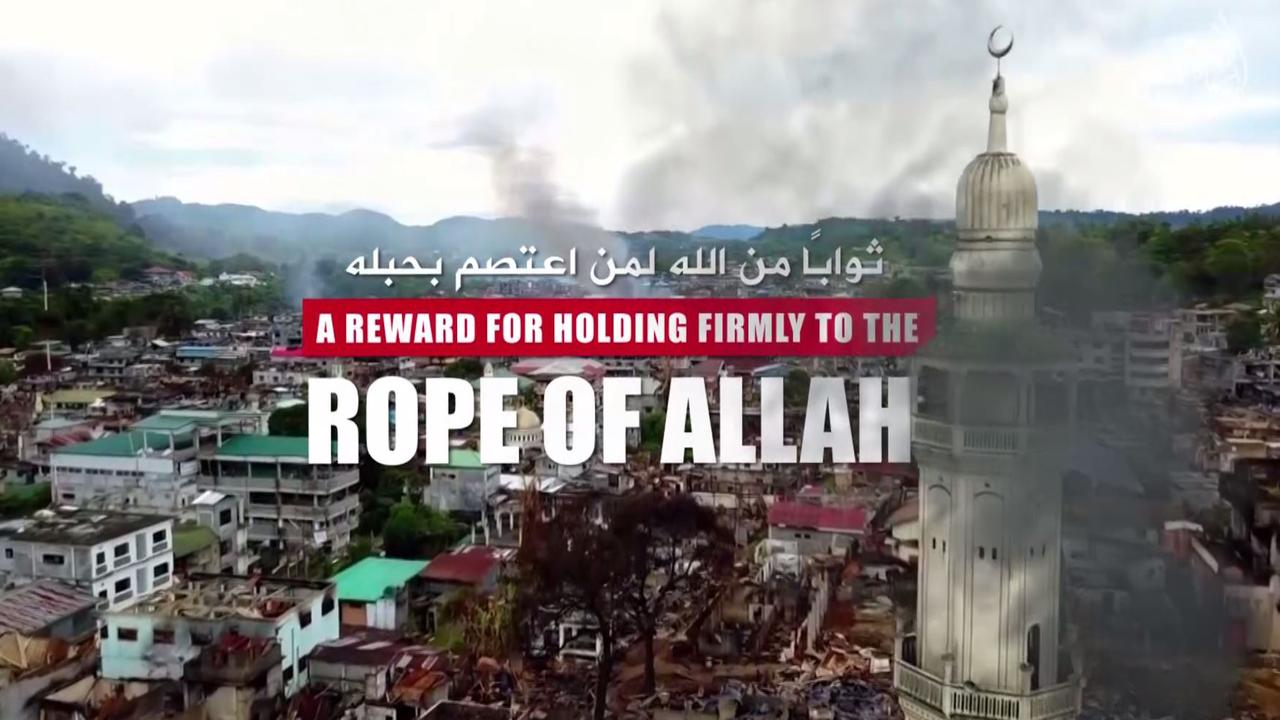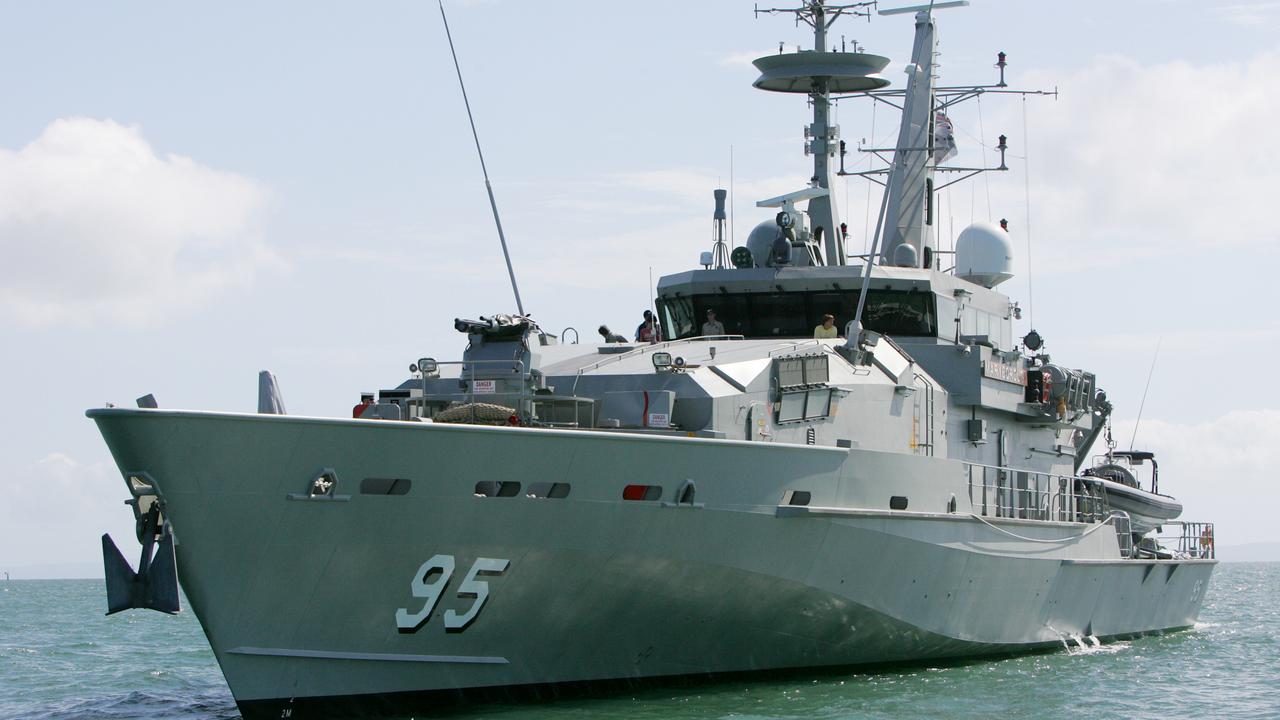Greens senator Peter Whish-Wilson slammed for ‘terrorists’ comment
A GREENS senator has been condemned for suggesting IS fighters should not be called “terrorists” because our forces could also be seen as terrorists.

GREENS senator Peter Whish-Wilson has been condemned for suggesting Islamic State fighters should not be described as “terrorists” because Australian forces could also be viewed by some as terrorists.
The Tasmanian senator, in a speech to parliament, claimed that describing the militants as terrorists “demonises people” and “implies a very one-sided view of the world”.
“I think we need to find better words than ‘terrorist’ and ‘terrorism’ because, to me, this implies a very one-sided view of the world,” Senator Whish-Wilson told the upper house on Monday night.
“Often our forces could be seen by Iraqi civilians as being terrorists.
“Anything that creates terror is, by definition, terrorism. We use that word because it is a very simple word to use and it demonises people.”
The Greens have opposed military intervention against Islamic State fighters in northern Iraq, calling on the government to seek parliamentary consent for any deployment.
IS LATEST: Hostage’s family told to keep silent for 19 months
FRENEMIES: Foes become awkward bedfellows against Islamic State (map)
Liberal MP Andrew Nikolic, a former commander of Australian forces in southern Iraq, accused Senator Whish-Wilson of “playing ideological, peripheral word games” while civilians face danger.
“While Peter Whish-Wilson is playing word games, thousands of people are dying in Syria at the hands of what should properly be described as a barbaric and evil organisation,” Mr Nikolic told The Australian.
“The Greens have got this issue terribly wrong. They should consider what the international community thinks and reflect on the words of (UN Secretary-General) Ban Ki-moon and President Barack Obama and (British prime minister) David Cameron and others. The world community is united on opposing this sort of barbarism that we’ve only seen before in our medieval past.
“The Greens have dealt themselves out of rational debate by playing these ideological, peripheral word games. It’s easy for the Greens to do because they know they will never have to deal substantively with these issues so they can just sit on the sidelines playing games.”
Senator Whish-Wilson today defended his remarks, claiming “some have chosen to make mischief with this view”.
“By using heightened language to describe the situation, we obscure insight and our ability to understand what creates the instability that fosters extremism. And without clear understanding, we cannot, as a country, act in the most sensible and prudent way to ever win the peace,” he told the Senate.
“Dehumanising and demonising our enemies is an effective tool for leading a nation to war, but this type of propaganda won’t bring peace. This is a lesson of history.”
Senator Whish-Wilson is a graduate of the Australian Defence Force Academy and served in the army between 1986 and 1989 until he was medically discharged while at Royal Military College, Duntroon.
Earlier he denied calling Australian soldiers terrorists.
“I said any soldier in any country can be seen as a terrorist by their enemy, and that the word ‘terrorism’ is a word we should consider not using — that we should come up with a better explanation,” he said.
Senator Whish-Wilson also raised concern about the government’s use of the word “evil”.
“In the last week, we have been hearing a lot about ‘evil’—’unspeakable evil’, ‘unfathomable evil’ and ‘pure evil’. What I and, I think, a lot of Australians would like to see is some truth, honesty and perspective around that word.
“While it might be the case that in many people’s minds the atrocious and despicable acts we have seen on social media are evil, that evil did not just spring out of the ground. It did not just happen overnight.”
Speculating about the militants’ motivations, he said they included “a common unifying enemy”.
“I would put down things such as hate, revenge, a common unifying enemy, religion, ignorance, stupidity and of course things of a broader perspective such as regional instability.”



To join the conversation, please log in. Don't have an account? Register
Join the conversation, you are commenting as Logout